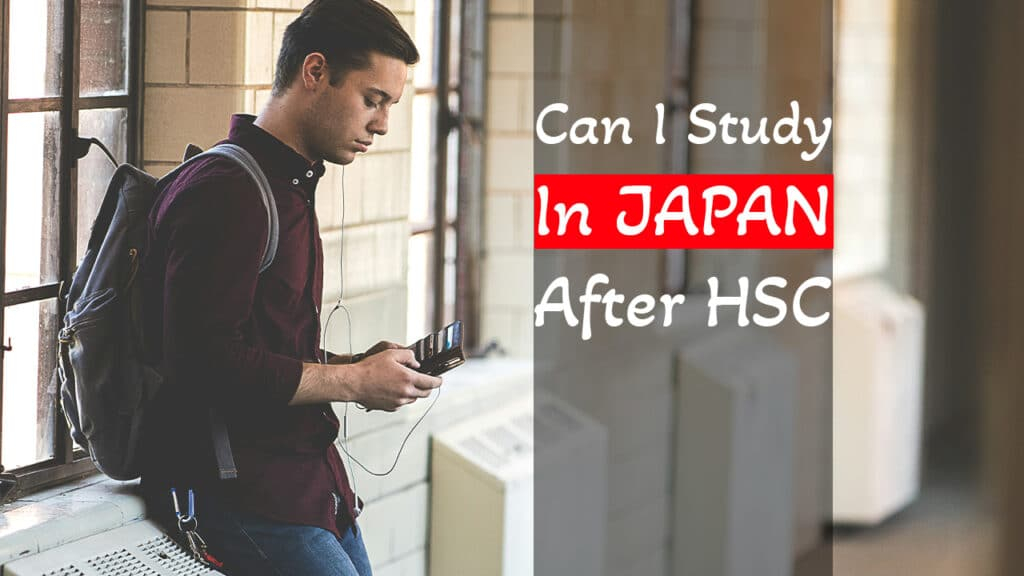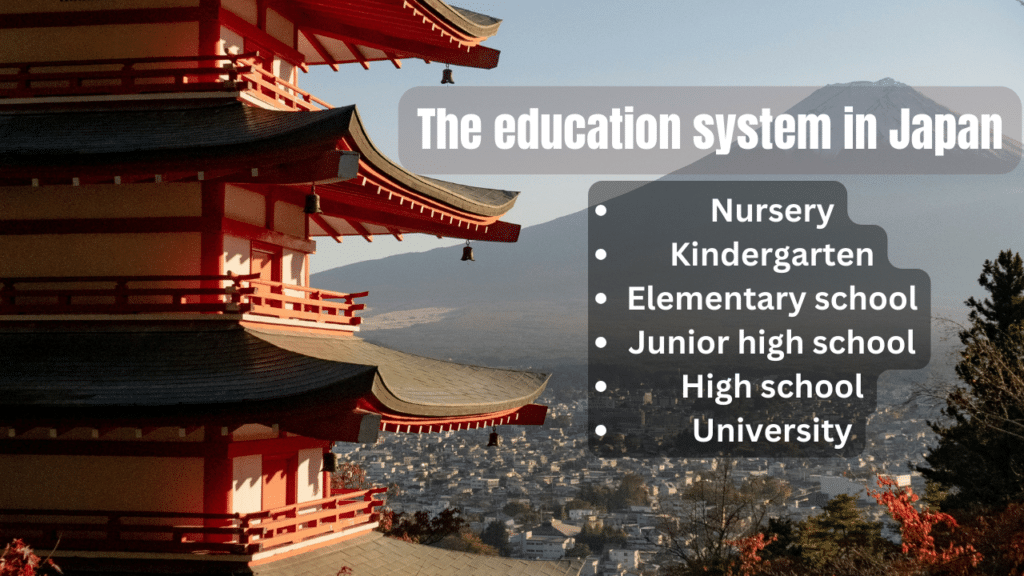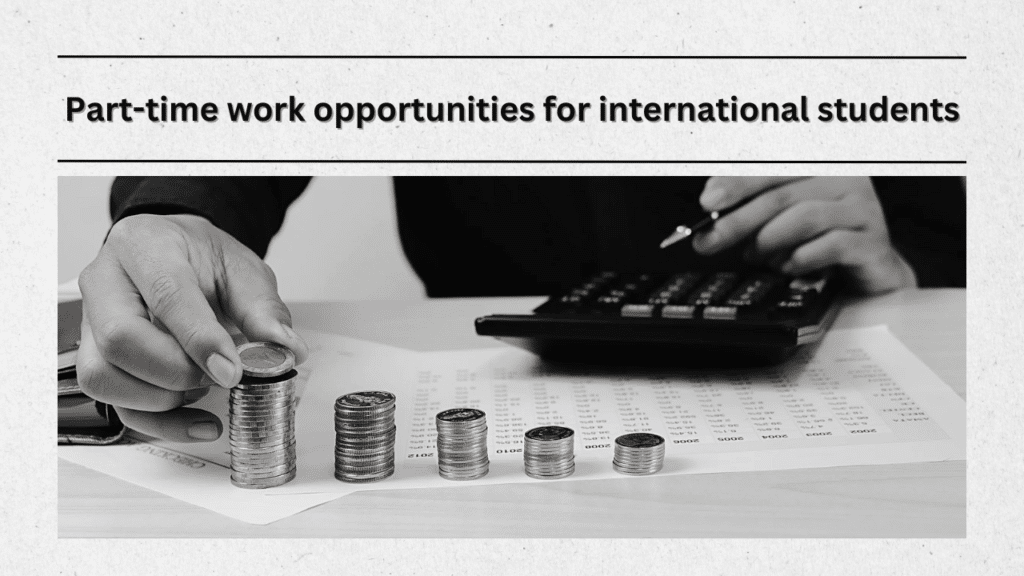Open the Doors to Education to Studying in Japan After 12th Grade

The education system in Japan

Japan’s education system is one of the best in the world. In it, students learn behavior, ethics, socialization, trust, morals, character building, and respect.
Japan’s class system:
- Nursery (0-5 years old)
- Kindergarten (4-5 year old)
- Elementary school (6-11 year old)
- Junior high school ( 12-14 year old)
- High school (15-17 years old)
- University (18-21 year old)
Below is the information about the education system in Japan:
- Japan schools don’t have janitors
- Student art trained to self-defense
- Zero delays in attending school on time
- Students and teachers still work even during school vacations.
- There are no exams for the first ten years of work on manners
such as;
- April 1- July 20
- September 1- December 26
- January 7-March 25
Choosing the right university in Japan

Japan is one of the world’s most developed countries and has a long history of education. In Japan, there are more private institutions than national ones, as well as public universities and junior colleges. Undergraduate-level universities include 86 national, 101 public, and 620 private. Junior colleges are more private than public: 14 public and 295 private.When selecting a university in Japan, it is essential to consider various factors, such as the institution’s reputation. Identify your academic interests and career goals, find universities related to your areas of interest, and consider factors such as faculty expertise, research opportunities, and alumni networks, as these can significantly influence your educational experience and prospects.
Application process for studying in Japan

The application process for studying in Japan may vary depending on your chosen university and program. Although the specifics vary, most applications follow these general steps.
- Application form (duly filled up)
- Passport and One photo (2 inch X 1.4 inch)
- Certificate of Eligibility (C.O.E.)
- Admission certificate from a Japanese language school in Japan
- Receipt for admission/tuition fee from Japanese language school)
- Certificate of Japanese Language Proficiency Test N1-N5 (if you have one)
- Japan Language certificate from language schools in Bangladesh
- student minimum Academic Certificate, Registration Card, Mark Sheet of S.S.C. and H.S.C.
- Valid airline booking slip
- Bank Statement for six months from a financial supporter.
- Tax certificate & paid amount receipt for three years from a financial supporter.
- Family tree with necessary passport copy /N.I.D. card/ Nikahnama to prove the relationship with financial supporter ( if the supporter is not your parents)

For an Inquiry about Japan: (880) 1930-350350
Part-time work opportunities for international students

- Restaurant
- Language teacher
- Factory worker
- Sales
- Cleaning
- Delivery
- Teaching or research assistant
Conclusion and next steps
Remember to immerse yourself in the rich Japanese culture, embrace new experiences, and make lifelong connections. Studying in Japan offers a world-class education and a chance to broaden your horizons, develop a global perspective, and create memories that will last a lifetime.
Best of luck.
